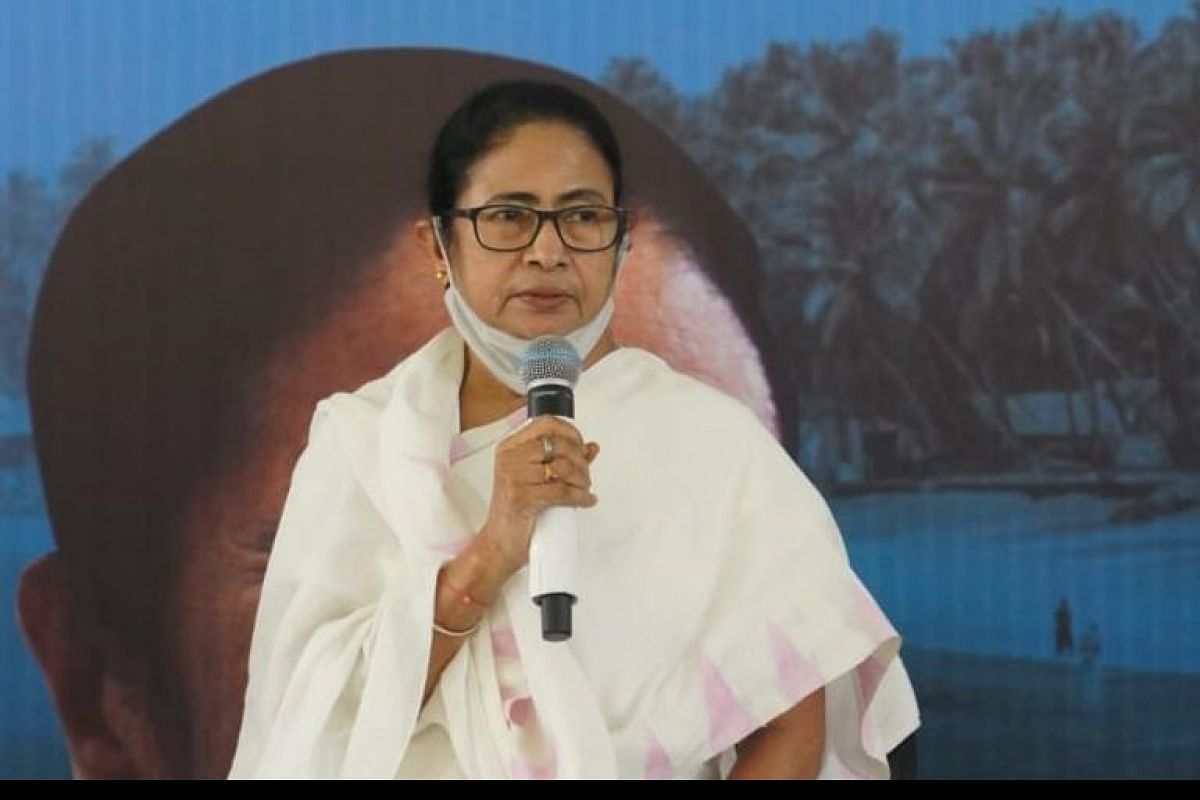The East Bengal/West Bengal binary had ceased to exist in August 1947, not to forget the emergence of Bangladesh in 1971. No one denies that two Bengals do exist on either side of the porous border, as Mamata Banerjee underlined on Monday while inaugurating the 45th edition of the Calcutta Book Fair.
It is only in the fitness of things, therefore, that this year’s fair has been dedicated to Bangladesh, on the 50th anniversary of its liberation and the birth centenary of the “Father of the Nation” ~ Sheikh Mujibur Rahman. There is little doubt that the Chief Minister indulged in a bout of romantic euphoria while opening the annual event for bibliophiles close to 50 years after Mujib’s assassination (15 August 1975). “So much of our heritage lies in Bangladesh, and similarly their heritage is strewn all around Bengal. People from both sides love to say Joy Bangla.”
Advertisement
It thus comes about that the people of West Bengal revere Mujib and celebrate the 21st of February (Mahan Ekushe) as International Mother Language Day. Miss Banerjee dwelt extensively on the bilateral equation in an obvious attempt to convey a cordial message to Bangladesh, one of India’s most trusted allies in South Asia. There is little doubt that bilateral relations have suffered a jolt given the Centre’s plan to introduce the Citizenship Amendment Act and India’s failure to match China in terms of financial assistance to Bangladesh.
It would be pertinent to mention that the Himalayan country, Nepal, has been nudging towards China in recent years, even preferring the earthquake assistance package from Beijing rather than from Delhi. The equation with tiny Bhutan has on occasion hit the bumps.
A variety of reasons have soured Bengal’s relations with Bangladesh, and the euphoric chant of “Joy Bangla” cannot obfuscate reality. Chief among these factors has been the influx, almost relentless, from across the border, indeed a walkover, so to speak, from across the fence, one that was described by this newspaper in 1979 as the “Quiet Influx”.
The phenomenon continues to this day, resulting in a demographic change in border states, including certain districts of Bengal, pre-eminently North and South 24-Parganas, Malda, Nadia and Murshidabad. Small wonder that a substantial percentage of the locals are up in arms against the Citizenship Amendment Act, most particularly in the north-eastern states.
On Monday, the West Bengal chief minister emphasized the cultural bonding. While her prognosis cannot be denied, the sharing of the Teesta water has been a red herring across the trail. While Bangladesh wants certain cusecs, Miss Banerjee has been consistently against the proposal not the least because of the river’s shallow depth and the damage it will almost certainly cause to agriculture on North Bengal.
Thus while the chant of “Joy Bangla” may seem a deceptive slogan for many if not most in the peripheral areas of Bengal, the extension of goodwill by Miss Banerjee is important if only because occasions to celebrate similarities must be embraced whenever they come by











